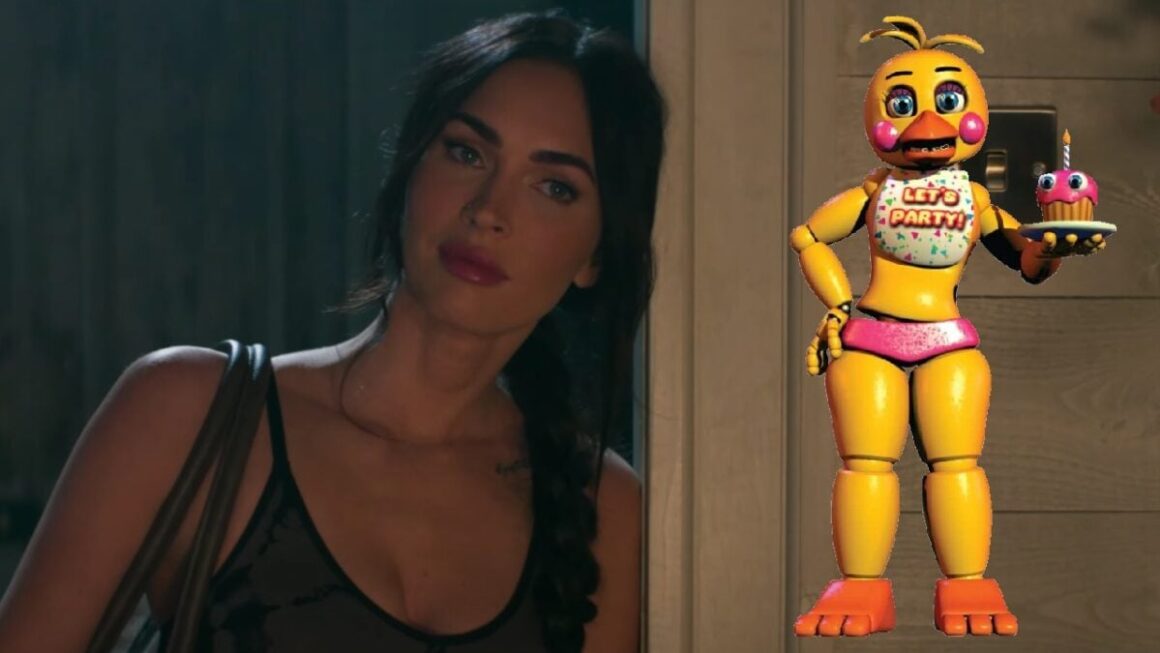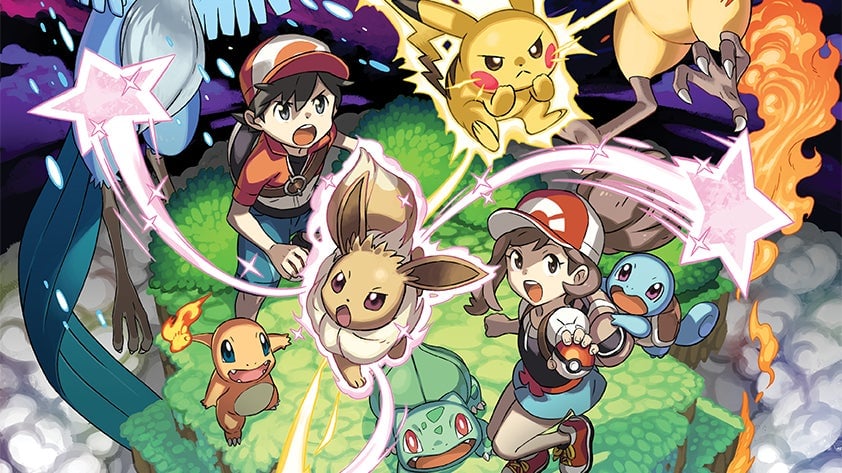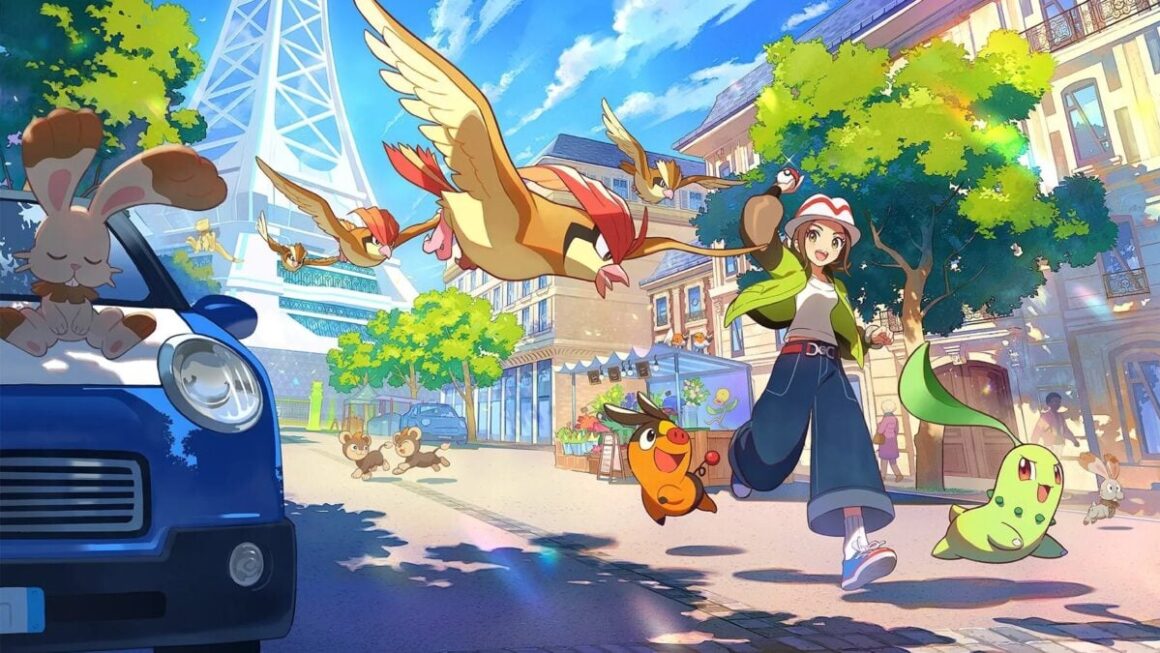One of many many penalties of contemporary fandom’s obsession with “canon” is that tales which have open-ended themes or selections are actually held to a brand new normal of scrutiny. Swaths of the video video games we play are about alternative, whether or not that be within the weapons we wield or the sacrifices we make; nevertheless, as a result of the web has develop into fixated on itemizing occasions in bullet factors on wikis, the act of creating selections and watching the implications unfold isn’t sufficient. Some gamers need to be “right,” and so they need video video games and their creators to inform them so. Clair Obscur: Expedition 33 isn’t primarily a choice-based recreation, nevertheless it does supply one on the very finish that modifications the story fully. Because the RPG launched again in April, followers have debated the deserves of each outcomes, however as a result of a sequel is coming and a few folks want validation, the builders at Sandfall Interactive have come out and mentioned there is no such thing as a “correct” ending.

Clair Obscur ends in one of two ways, relying on whether or not or not the participant chooses to play the ultimate duel as both the paintress Maelle or Verso, the painted model of her deceased brother. In an interview with Lits Play, Clair Obscur lead author Jennifer Svedberg-Yen spoke about how each endings of the sport are legitimate and had been made with function. Neither was meant to be the “other” or “wrong” alternative.
“I tell everyone there is no ‘correct’ ending, there is no ‘canon’ ending, there is no ‘official Sandfall’ ending,” Svedberg-Yen mentioned. “Both endings are there for a reason; we put them both there for a reason; they were designed in a very particular way. Neither is perfect. Both are heartbreaking in their own ways. Both of them have parts that make you glad, parts that you feel like, ‘okay, I want a happy ending for these characters,’ but both of them also have their own cost. It’s a reflection of reality. You know, a lot of times, some people’s happiness does come with its costs. Things are very rarely perfect. And I think we were really trying to also show both sides of the story.”
She’s proper. Clearly, the talk over which is the morally appropriate reply is a complete completely different dialogue. I personally selected the Maelle ending as a result of it felt thematically acceptable, whereas additionally understanding that the Verso alternative might be the one that gives essentially the most closure. Each have their deserves and downsides, and one of many rewarding issues about choice-based video games is that we get to argue about these ceaselessly. Nonetheless, this contemporary have to have these choices declared “correct,” both by the textual content or by the builders, has added an typically dismissive layer to these discussions.
To some extent, this goes again to an attachment gamers must their very own “canon.” If a sequel like Notorious Second Son chooses certainly one of its predecessor’s endings to construct off of, it raises questions concerning the different alternative. Why was it there if it was going to be solid apart? What does it say about gamers who selected the opposite possibility? Had been they unsuitable? Was any debate concerning the morality or deserves of that alternative for nothing? This can be a cloud that has been hanging over the following Mass Impact recreation for practically a decade, because the remnants of BioWare have to determine how they’re going to make a fifth recreation set within the Milky Manner that both works for all of Mass Effect 3’s galaxy-defining final choices, or picks one and strikes the timeline ahead from there.
BioWare is an fascinating instance to level to in terms of this dilemma, as a result of despite the fact that the Mass Impact and Dragon Age communities like to throw round terminology like “canon” to confer with particular selections which might be chosen by default if gamers don’t import a world state or save from a earlier recreation, the studio doesn’t view it that method in any respect. The staff has even mentioned it could rather not acknowledge a decision in a sequel like Dragon Age: The Veilguard than contradict it. This permits gamers to really feel like their world state is legitimate, even when they’re not staring the ramifications of it within the face each recreation.
Possibly it’s as a result of I grew up spending a lot of my early roleplaying days working inside the gaps that builders didn’t fill, however I’ve by no means appeared for affirmation from video games that I used to be “right” after I decided. The necessity for a recreation or developer to justify what you’ve achieved means that making selections in video games is about aligning your actions with the “true vision” of the builders, fairly than truly expressing your personal company inside the story. I nearly at all times deal with roleplaying in video games as a possibility for self-reflection. It’s an enormous a part of why I make myself in character creators. These are my tales, and I’ll write them how I need. I’d fairly a developer not pat me on the pinnacle and inform me every part I did was “correct” or aligned with canon; that’s not what it’s about, and it shouldn’t be a think about our decision-making course of.
Maybe the uncertainty about “what really happened” is an excessive amount of for some folks. For me, that flexibility, the co-existence of a number of potentialities and my capacity to form which method issues go, is the most effective a part of when video games give me that autonomy. However the most effective choice-based video games are those we’re nonetheless debating years later, not those for which the builders have retroactively determined which was the “one true choice.” So shoutout to Sandfall Interactive and Svedberg-Yen for sticking beside the choice they handed gamers, fairly than capitulating to some imagined thought of “canon.” I hope they keep true to that in the inevitable sequel.





